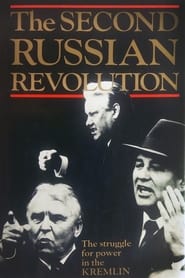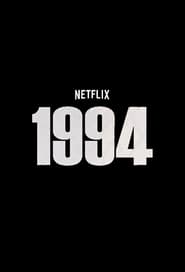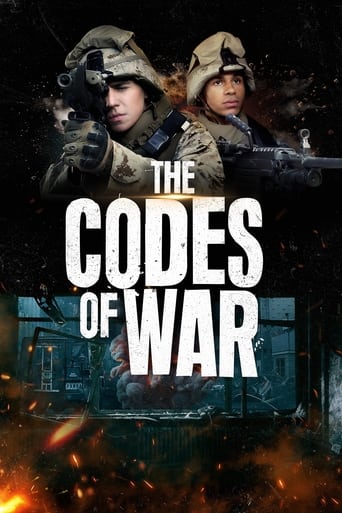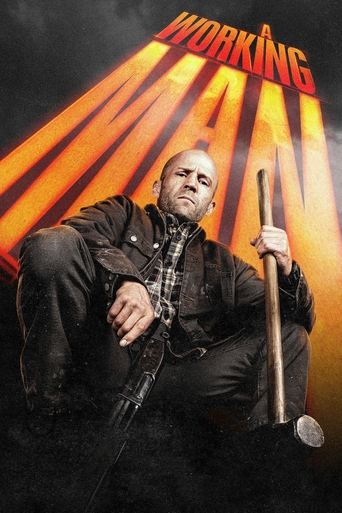Crash Course U.S. Government and Politics - Season 1 Episode 5 Constitutional Compromises
In which Craig Benzine teaches you about the compromises met in ratifying the U.S. Constitution. The United States didn’t always have its current system of government. Actually, this is its second attempt. Craig will delve into the failures (and few successes) of the Articles of Confederation, tell you how delegates settled on a two-house system of representation, discuss the issues of slavery and population that have been embedded into our constitution, and fire up the clone machine to discuss how federalists and anti-federalist opposition provided the U.S. a Bill of Rights. And who knows, maybe all this talk of compromise will even inspire Craig and eagle to find some middle ground.
Year: 2016
Genre: Documentary
Country: United States of America
Studio: YouTube
Director:
Cast: Craig Benzine
Crew:
First Air Date: Jan 23, 2015
Last Air date: Mar 04, 2016
Season: 1 Season
Episode: 50 Episode
Runtime: 10 minutes
IMDb: 0.00/10 by 0.00 users
Popularity: 7.5041
Language: English
Keyword : politics, government
Episode
Introduction
The Bicameral Congress
Separation of Powers and Checks and Balances
Federalism
Constitutional Compromises
Congressional Elections
Congressional Committees
Congressional Leadership
How a Bill Becomes a Law
Congressional Decisions
Presidential Power
Presidential Powers 2
Congressional Delegation
How Presidents Govern
Bureaucracy Basics
Types of Bureaucracies
Controlling Bureaucracies
Legal System Basics
Structure of the Court System
Supreme Court of the United States Procedures
Judicial Review
Judicial Decisions
Civil Rights & Liberties
Freedom of Religion
Freedom of Speech
Freedom of the Press
Search and Seizure
Due Process of Law
Equal Protection
Sex Discrimination
Discrimination
Affirmative Action
Public Opinion
Shaping Public Opinion
Political Ideology
Election Basics
Gerrymandering
How Voters Decide
Political Campaigns
Political Parties
Party Systems
Interest Groups
Interest Group Formation
Media Institution
Media Regulation
Market Economy
Government Regulation
Monetary and Fiscal Policy
Social Policy
Foreign Policy























